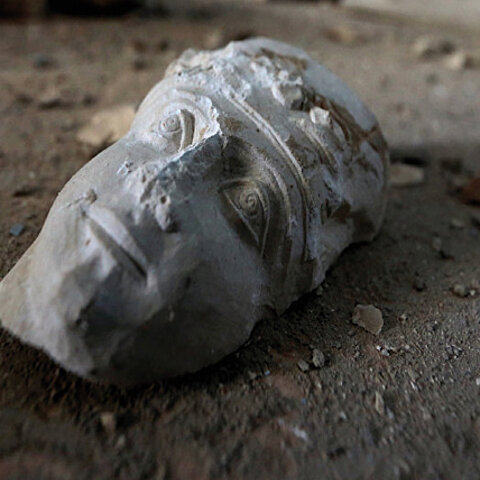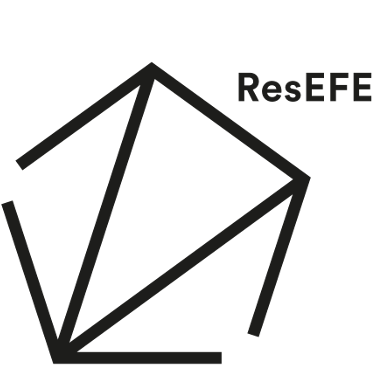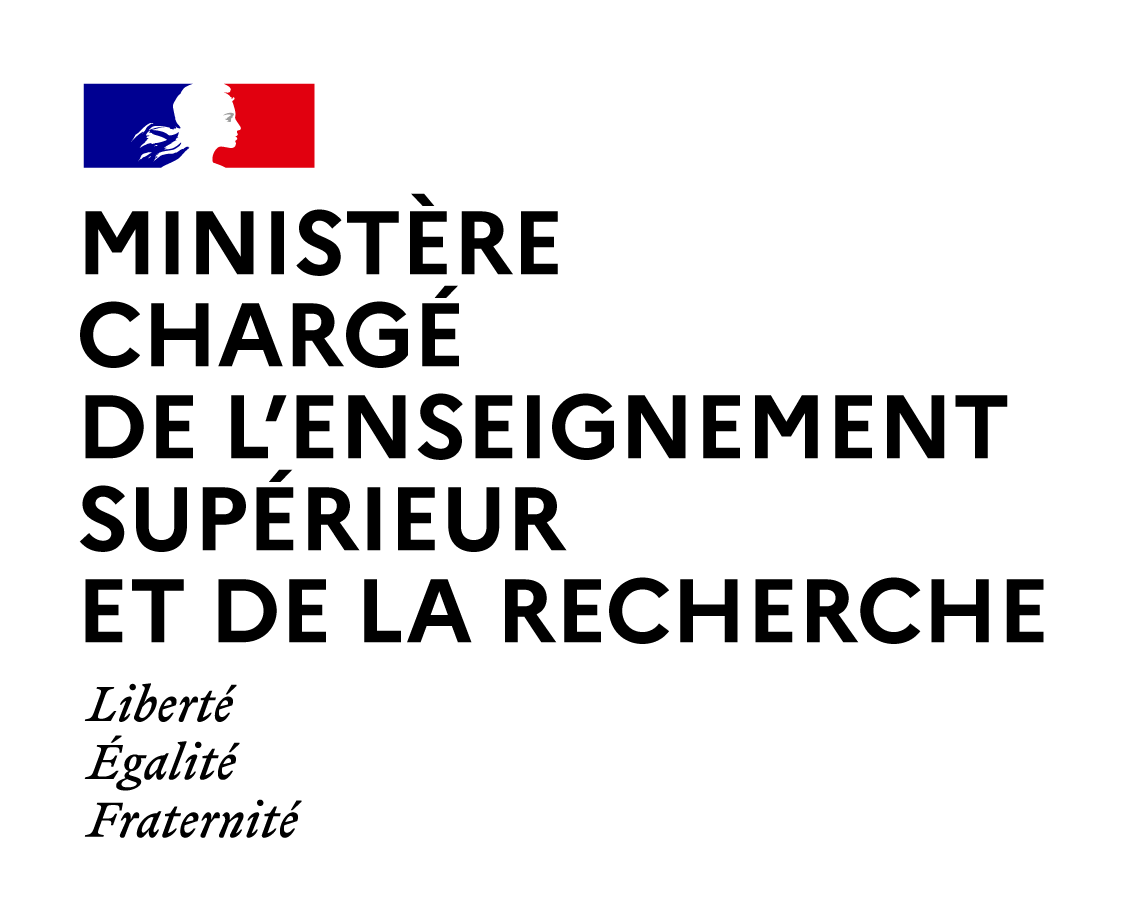Coord. : Cyril Isnart (IDEMEC UMR 7307 Aix Marseille Université-CNRS), Jacques Alexandropoulos (Université Toulouse-Jean Jaurès), Juan Blánquez (Universidad Autónoma de Madrid)
Organisation and partners : Réseau euro-méditerranéen RAMSES, A*MIDEX, Aix-Marseille Université, Universidad Autónoma de Madrid, Campus de Excelencia UAM-CSIC, Ministerio de Educación, Cultura y Deporte, LabexMed, Maison méditerranéenne des sciences de l’homme (USR 3125, Aix-en-Provence), Institut d'ethnologie méditerranéenne, européenne et comparative (UMR 7307 Aix-Marseille Université-CNRS), École des hautes études hispaniques et ibériques (Casa de Velázquez, Madrid), École française de Rome, Institut de recherche sur le Maghreb contemporain (Tunis), Centre Jacques Berque (Rabat), Institut français du Proche Orient (Beyrouth), Institut français de Madrid, Musée des civilisations de l’Europe et de la Méditerranée (Marseille)
Registration required
Venue:
Casa de Velázquez
C/ de Paul Guinard, 3
28040 Madrid
Presentation
Violent damage done to certain cultural elements in recent years in the Mediterranean draws the attention of contemporary societies to the vulnerability of monuments, archives and cultures which nations, intergovernmental organisations and associative groups seek to protect under the auspices of cultural heritage. Such destruction also indicates that the criteria used by scientific and cultural institutions to determine historicity, uniqueness and authenticity in deciding what must be conserved are not necessarily shared by all. Cultural heritage can thus trigger conflicts between conceptualisations of the past and moral issues between different political projects which significantly shape the future of societies.
Therefore, heritage studies show that the destruction of the Temple of Bel in Palmyra serves as a wakeup call alerting us to the danger to which heritage is subjected in times of war. Moreover, heritage awareness has always been boosted by the revelation of risks, alteration, disappearance or loss of property, rituals or knowledge giving meaning to present and future generations. Mediterranean societies provide many examples of such dynamics as they are places of discovery, movement and a crossroads bearing witness to numerous civilisations that have always been in contact.
The challenge is twofold: on the one hand, recognising the crisis as a concept structuring the field of heritage, it is worth noting the way it has affected practices and discourse from historic uses in the past to contemporary international experiences. On the other hand, if cultural heritage constitutes a unique system of historicity, it is therefore possible to describe what kind of relationship societies and local groups have with time and their sense of history when engaging in heritage activities. Considering cultural heritage as a representation of time allows us to temper virulent reactions to unimaginable destruction and to write more sensitive and serene history, anthropology or geography about the contributions, positive or negative, collective or individual, that cultural heritage, or its past forms, has made down through the centuries.
There are numerous different topics that can be applied to different historical and geographical Mediterranean contexts:
- Use of the past to represent the present and the future;
- Accounts of the heritage crisis and its resolutions;
- Selection of testimony and its engagement with heritage crisis;
- Pragmatic alliances and competing ideologies in crisis discourse;
- The relationship between political narrative, religious doctrine and the use of cultural heritage
- Shifts in certain political regimes, especially legal, economic and administrative, and their effects on cultural heritage;
- Comparisons between regional groups and nations and between minority groups within states.
Trainers
- Cyril Isnart (IDEMEC UMR 7307 Aix Marseille Université-CNRS)
- Jacques Alexandropoulos (Université Toulouse - Jean Jaurès)
- Juan Blánquez (Universidad Autónoma de Madrid)
- Nathalie Cerezales (Université Paris 1 Panthéon-Sorbonne)
- Patrick Naef (Université de Genève)
- Mercedes Volait (CNRS, USR 3101, InVisu / INHA, Paris) Ç
- Florent Molle (Musée des Civilisations de l’Europe et de la Méditerranée, Marseille)
- Colette Zytnicki (Université Toulouse - Jean Jaurès)
- Caecilia Pieri (IFPO, Beyrouth)
- Pedro Antonio Martínez Lillo (Universidad Autónoma de Madrid)
Organisation
The thematic workshop is broken down into five seminars featuring leading experts in each subject. It will consist of three conferences, three reading workshops, six discussion workshops, an evening debate held at the French Institute of Madrid and a visit to the Cultural Heritage Institute of Spain.
The thematic workshop has reserved slots for presentations by doctoral students and young PhDs who will have one hour to discuss their work, in parallel sessions, during the two-hour workshops. These will be coordinated by two trainers and divided into three parts: 30 minutes of presentation, 20 minutes of commentary by a student and 10 minutes of reply by a trainer.
In addition, reading workshops (three texts presented per day, debated and discussed collectively by two groups of twelve participants and two trainers) help participants broaden their bibliographical horizons and prepare for critical commentary.
Student contributions in the form of individual panels or groups are planned to be published on the ATED blog of the Euro - Mediterranean network RAMSES (https://docramses.hypotheses.org/).
The thematic workshop will host 24 participants, doctoral and postdoctoral students from the Social Sciences, Humanities, Law and Economics.
Geographical origin is not a selection criterion. However, the research field of participants will be taken into consideration and should focus on Southern Europe, the Maghreb or the Middle East. Special attention will, therefore, be given to candidates from member institutions of the RAMSES network and within the sphere of LabexMed.
Practical considerations
Application files may be submitted in French, Spanish or English. These same three languages are also the working languages in the thematic workshop.
For participants who do not reside in Madrid, the organisers offer accommodation in shared double rooms at the Casa de Valázquez as well as breakfast and lunch. Travel expenses and dinners are not included.
At the request of the candidate and subject to examination of the application file by the organisers, mobility stipends amounting to 200 € may be granted.
Registration deadline: 26 January 2017 at 17:00 (Madrid time)
Access the registration form
The 24 workshop participants will be selected based on their academic record, training background and language skills.
Priority will be given to candidates who are working on a doctoral thesis or conducting post-doctoral research in fields related to the topics addressed in the workshop. Therefore, all applicants must submit a short text (maximum 500 words) summarising their reasons for applying.


















